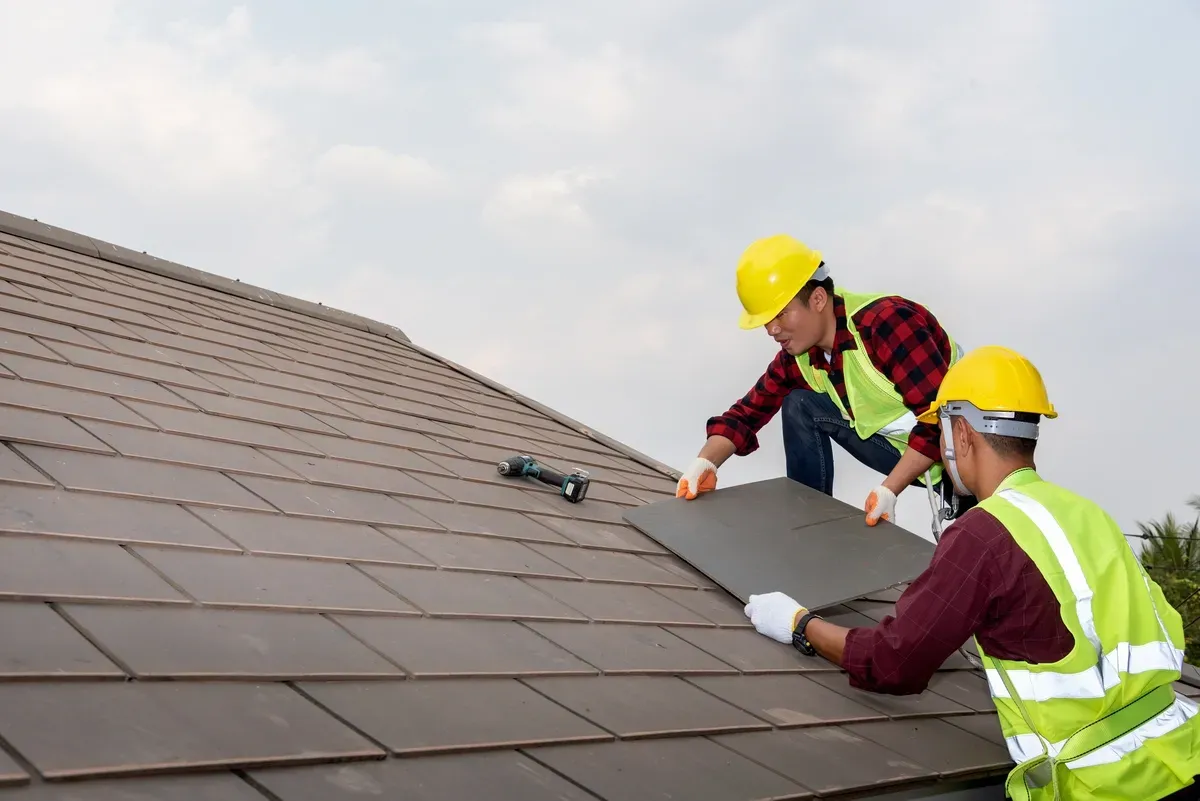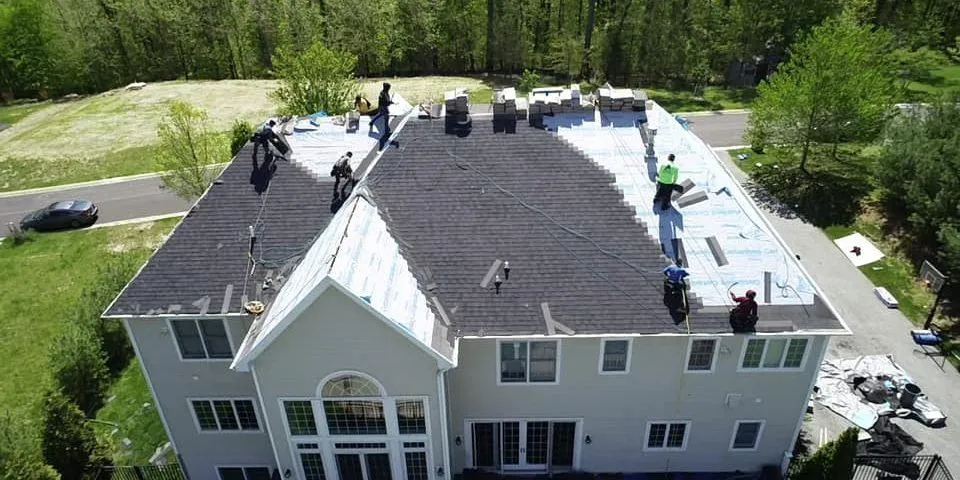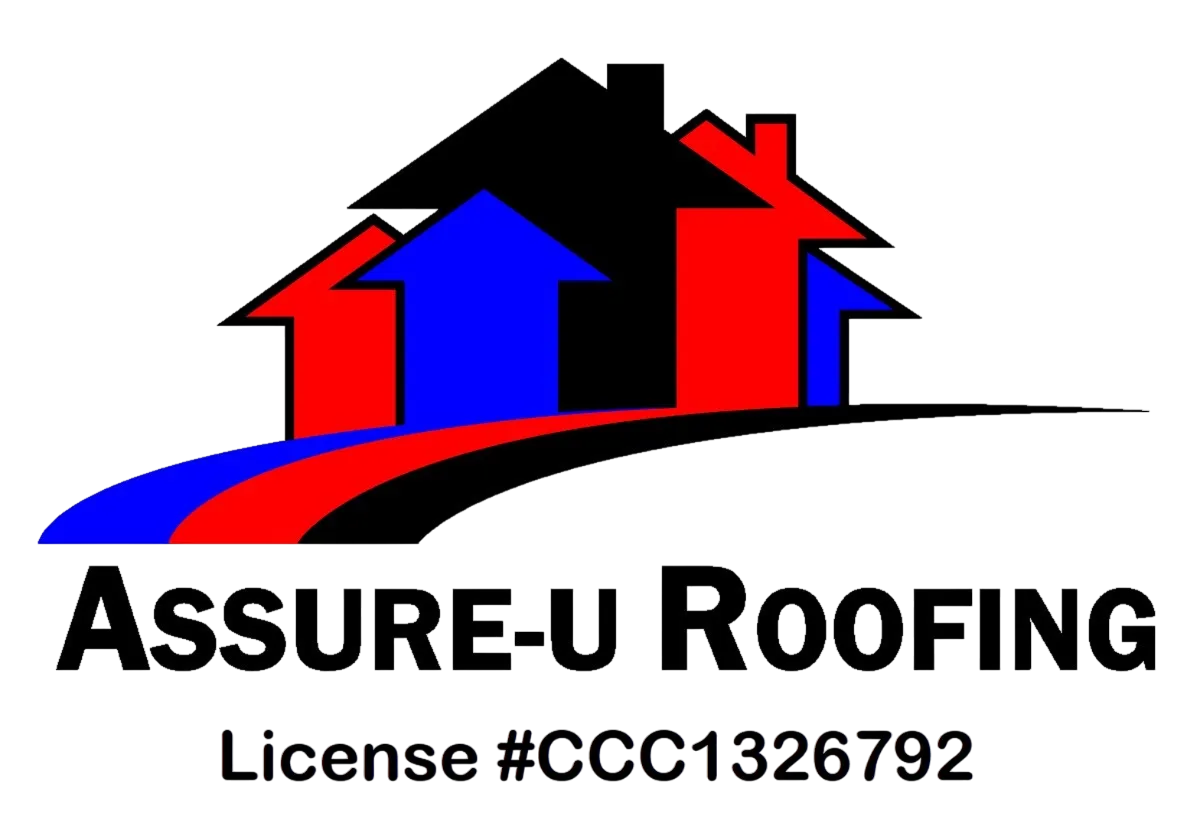
Local Building Codes for Roofing in Sanford, FL and Nearby Areas
Homeowners in Sanford, FL, and nearby communities such as Lake Mary, Deltona, Winter Springs, Oviedo, DeBary, and Longwood, need to understand the local building codes before starting any roofing project. These codes ensure homes are built to withstand Florida’s harsh weather, protect structural integrity, and prevent costly penalties. Knowing how these codes work will help you complete your roofing project safely and successfully.
Why Are Local Roofing Codes Important in Sanford?
Local roofing installation codes are essential because they help protect homes from Florida’s intense wind, heavy rain, and high heat. They make sure roofs are designed for energy efficiency and proper water drainage, which reduces long-term damage. These codes also prevent safety hazards and structural failures by setting strict installation standards. Following them ensures your project complies with Seminole County regulations and helps maintain your home’s long-term value.
What Permits Are Needed for Roof Installation in Sanford?
Any new roof, reroof, or major roof repair in Sanford requires a permit from the Seminole County Building Department. These permits verify that the project meets the Florida Building Code (FBC). Usually, licensed roofing contractors apply for these permits on behalf of the homeowner. It is important to confirm that your contractor has secured the correct permit before any work begins to avoid delays and legal issues.
How Do Roofing Inspections Work in Sanford?
Roofing inspections in Sanford are carried out by county officials at multiple stages during the project. Inspectors check the roof deck and sheathing before installation, examine underlayment and flashing while work is ongoing, and conduct a final inspection once the roof is complete. These inspections ensure the roof meets code requirements. Homeowners should keep all inspection reports because they may be needed for insurance claims and warranty coverage.
What Are the Main Roofing Code Requirements in Sanford?
Sanford roofing projects must meet strict Florida Building Code standards to withstand local weather. Roof materials need to resist hurricane-force winds of up to 150 mph, and roof decks must be nailed in specific patterns with approved fasteners to hold up during storms. Underlayment must be self-adhering or double-layered to prevent water intrusion, while flashing and drip edges are required at all roof edges to stop leaks. Adequate attic ventilation is also required to control moisture and heat buildup.
How Can You Confirm a Contractor Understands Sanford’s Codes?
To make sure your contractor knows Sanford’s roofing codes, ask if they have experience working on projects in Sanford, Lake Mary, and Longwood. Request proof of their Florida state license and local registration, and confirm they stay updated on the latest FBC amendments used in Seminole County. Reviewing their completed projects in nearby cities like Deltona, DeBary, and Oviedo can also give you confidence that they are familiar with the area’s building standards.
What Happens If Roofing Codes Are Violated in Sanford?
Violating local roofing codes can cause serious problems. Seminole County officials may issue stop-work orders that delay your project and result in costly fines. Work that does not follow code could void your roof’s warranty or lead to denied insurance claims. If unsafe work creates hazards, homeowners may even face legal responsibility. Ensuring your contractor follows the correct codes protects you from these risks.
How Do Local Roofing Codes Affect Costs in Sanford?
Following Sanford’s roofing codes may slightly increase your initial costs because you must use stronger materials and more durable installation methods. However, these code-compliant roofs are built to last and often qualify for discounts on homeowner’s insurance. In the long run, meeting code requirements helps prevent storm damage and expensive repairs, saving you money over the life of your roof.
How Often Are Roofing Codes Updated in Sanford?
Roofing codes in Florida are updated regularly to stay current with new building technologies and safety standards. The Florida Building Code is revised every three years, and Seminole County may add stricter local rules after major storms. Homeowners should always confirm that their contractor is using the most recent code edition before starting a roofing project to avoid failed inspections.
Do Small Roof Repairs in Sanford Require a Permit?
Minor roof repairs, such as replacing a few shingles, typically do not require a permit in Sanford. However, larger projects like reroofing or structural repairs always require a permit from the Seminole County Building Department. When in doubt, it is best to contact the building department or consult your contractor to verify if a permit is needed for your specific project.
Who Handles Roofing Permits for Sanford Homeowners?
Licensed roofing contractors usually handle the permit process by submitting applications and required documents to the Seminole County Building Department. Homeowners can apply themselves if they are doing the work on their own primary residence, but they must meet the county’s requirements to qualify. Working with a licensed contractor is usually easier and ensures the project meets all local code standards.
Final Thoughts
Understanding Sanford’s roofing codes, permits, and inspection processes is vital for a safe and durable roof. Hiring a licensed local contractor who is familiar with Seminole County regulations and building codes can help you avoid delays, penalties, and future repair costs. By securing the correct permits, following the Florida Building Code, and using code-compliant materials, homeowners in Sanford, Lake Mary, Oviedo, Deltona, Winter Springs, DeBary, and Longwood can protect their homes from Florida’s severe weather for years to come.

How do I know my roofing contractor is reliable?
Verify licensing, insurance, and customer reviews, and ask for references from previous projects.
What factors affect roof installation cost in Orlando?
Costs depend on material type, roof complexity, labor, and weather conditions, with detailed inspections providing accurate quotes.
Can I finance my roof installation in Orlando?
Yes, many contractors offer financing options, and local banks provide home improvement loans tailored for roofing projects.
How often should a roof be inspected for emergencies?
It is advisable to have a professional inspection annually and after major storms.
What is the typical warranty period for roof installation?
Manufacturer warranties range from 20–50 years, while workmanship warranties typically last between 5–10 years.
Address: 3236 Scallion Ct, Orlando, FL 32825
Phone: (407) 794-2820
Email: [email protected]
